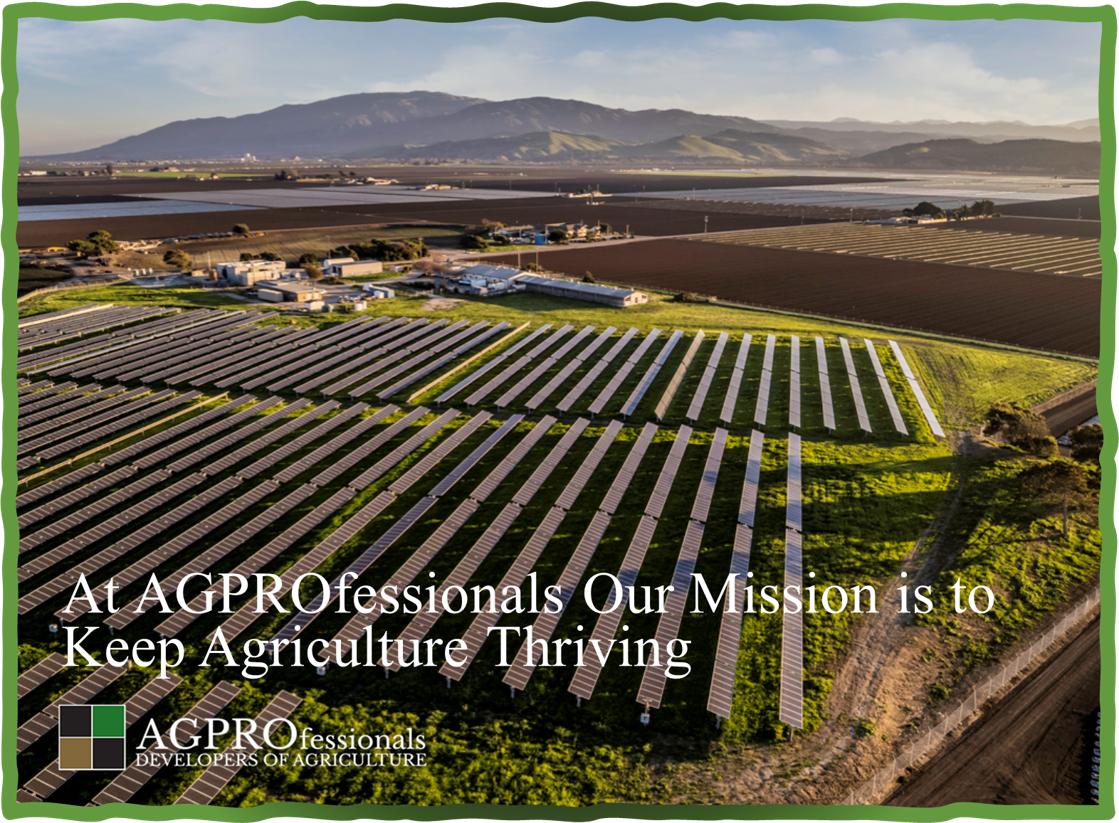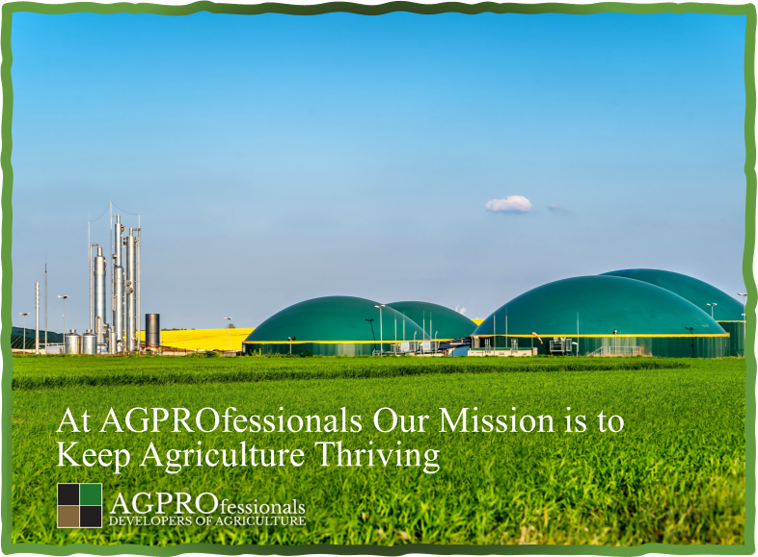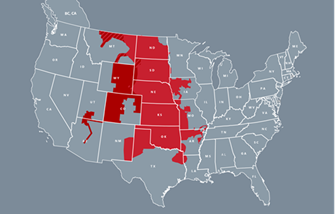For nearly 25 years, AGPROfessionals has been a proud developer and advocate of all types of agricultural business in Colorado and throughout the United States. The fingerprints of our work have been on nearly every major agricultural project in Morgan County in the last quarter-century. We are unapologetic about our focus to keep agriculture thriving and growing.
However, with the challenges facing common agricultural practices, keeping agriculture thriving and growing is becoming more complex every year. Agriculture is under significant regulatory pressure to lower its carbon footprint and reduce environmental impacts without regard for the producer's costs. Satisfying those pressures and keeping our clients in business is complicated.
Every day, farmers and ranchers face rules and regulations that make it harder to produce. Some of the challenges producers face are as follows:
- Row crop farmers are unable to aerial spray anymore due to urban encroachment and their options to protect their crops are continually decreasing.
- Land prices and taxes are climbing from urban encroachment.
- Routine complaints are lodged against farmers and ranchers about dust or odors from acceptable farming practices and lawmakers are responding with no regard for the right-to-farm laws.
- Attacks from our own state and federal government are nonstop along with ever-increasing regulations of our labor.
- The media and urban marketing firms are constantly pushing disinformation campaigns about our animal welfare and our use of technology to genetically improve production output using less land, water, and chemicals.
Diversifying is Key to the Survival of Agriculture in America
The supplemental income from renewable energy has been essential for many producers. It has made the difference between continuing to operate or shut down. When farms and ranches are forced to discontinue operations, everyone from the family going out of business to the local community suffers.
AGPROfessionals has been an advocate and developer of the use of solar for almost ten years and we are proud to work with our agricultural client and the Taelor Solar project which will be built on a portion of their land. We have also helped find solutions and other uses for our clients’ natural resources to supplement their income. It is exceedingly difficult for our clients to make a reasonable profit year after year on only commodity agriculture production.
Renewable Energy Takes Many Forms
We have developed dozens of anaerobic digesters around the United States, keeping many agricultural producers in business. These anaerobic digesters convert manure, which many consider a waste or merely a fertilizer that few will pay for, into an asset that is more environmentally beneficial while retaining the digestate for fertilizer. We incorporate a solar component into the digester project because it lowers the carbon intensity score and offsets the electricity required to compress the gas into the interstate pipelines.
Only some agriculture producers are situated like a dairy near an interstate gas pipeline to take advantage of these opportunities; however, many larger agricultural landowners are located in the right environment and near the infrastructure suitable for a solar project. Magnum Feedlot and the Rumsey Ranch are two such agricultural businesses where the land they own is more productive for solar than other uses and the location is close to the infrastructure needed to deliver the electricity the land is capable of generating.



